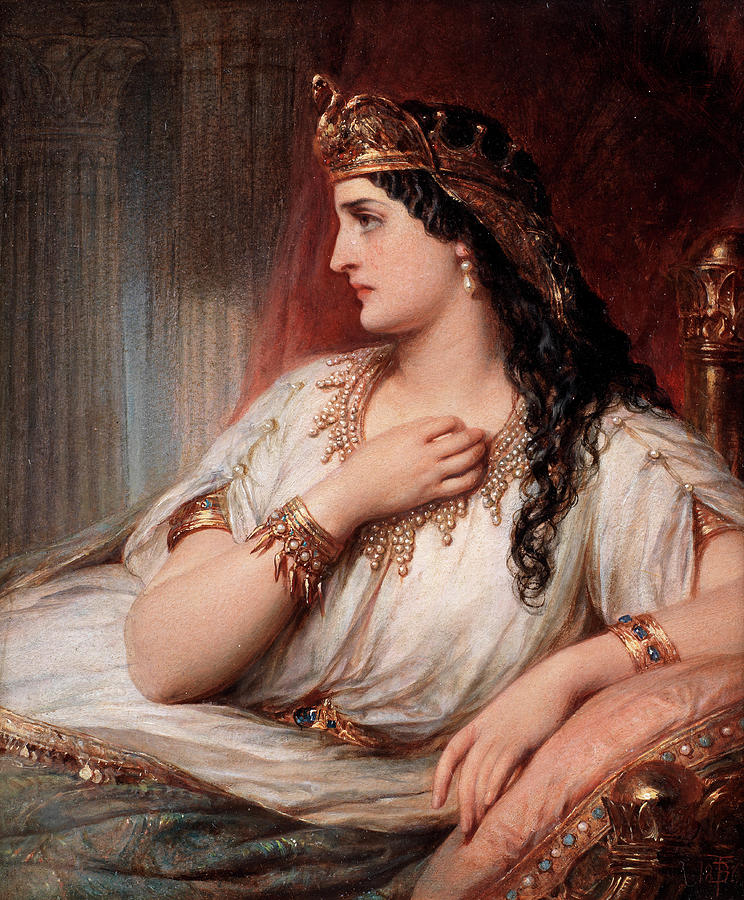The narrative of Cleopatra displays the art of balancing being a woman in power while also managing public perception.
Laurie Kraus-Landry, a professor of history and geography at Nicholls State University, shared her perspective on Cleopatra’s life.
The temples and coins containing carved images of Cleopatra give the sense that her appearance was akin to the goddess Isis. However, Kraus-Landry said she was more well-known in early sources for being a woman with a distinct voice than a woman of beauty.
“She was captivating in the way she commanded a presence or the way in which she was able to hold a conversation,” she said. “They described her voice and speech much more than they talked about her appearance.”
Kraus-Landry clarified that the historically recognized appearance of Cleopatra could have been dictated at her discretion. She noted that Cleopatra did not choose to portray herself as a “vixen” in carvings, captivating the powers of the Mediterranean.
Instead, Cleopatra held a solemn, stern portrait bearing a sense of power and resolve.
Kraus-Landry speculated that personality could have given her such sway with the world around her. However, Cleopatra must have been well-educated to understand the moving parts of politics at that time.
Cleopatra spent twenty years as queen, predominantly as a monarch, and survived in the male-dominated Roman world without any uprisings or public disturbances within Egypt. Her story ended alongside the demise of Egypt. Even then she refused to hold any shame in her legacy.
In the 21st century, her story maintains novelty with the public eye. Kraus-Landry noted that her narrative is widely known and still dissected to this day.
“She’s Cleopatra what? The seventh? Does anyone know about the first six?” she said. “There are movies, video games, children’s books, biographies and historical fiction about her 2000 years later. I would be hard-pressed to think of any other woman in the ancient world that has still generated that type of interest.”
From what historians know, it is clear Romans did not like Cleopatra. Her affiliations with Julius Caesar sparked speculation and even disdain for her character. Kraus-Landry said that in these conditions, Cleopatra must have held a sense of self-confidence and the strength of a survivor to not give way to the public’s opinions.
“Cultivating what you want the world to know about you is an important part of leadership, but you can’t control all the sources,” she said. “You have to have an internal understanding of yourself and your abilities.”
Kraus-Landry noted that especially in the modern world, women are bombarded with people’s opinions of them on social media. It could be considered akin to the feeling of having a whole city watching you.
Cleopatra herself had to face such public criticisms, on a much larger scale, and still executed her work with intention.
“She soldiered on. She kept at it. She survived,” Kraus-Landry concluded.



















